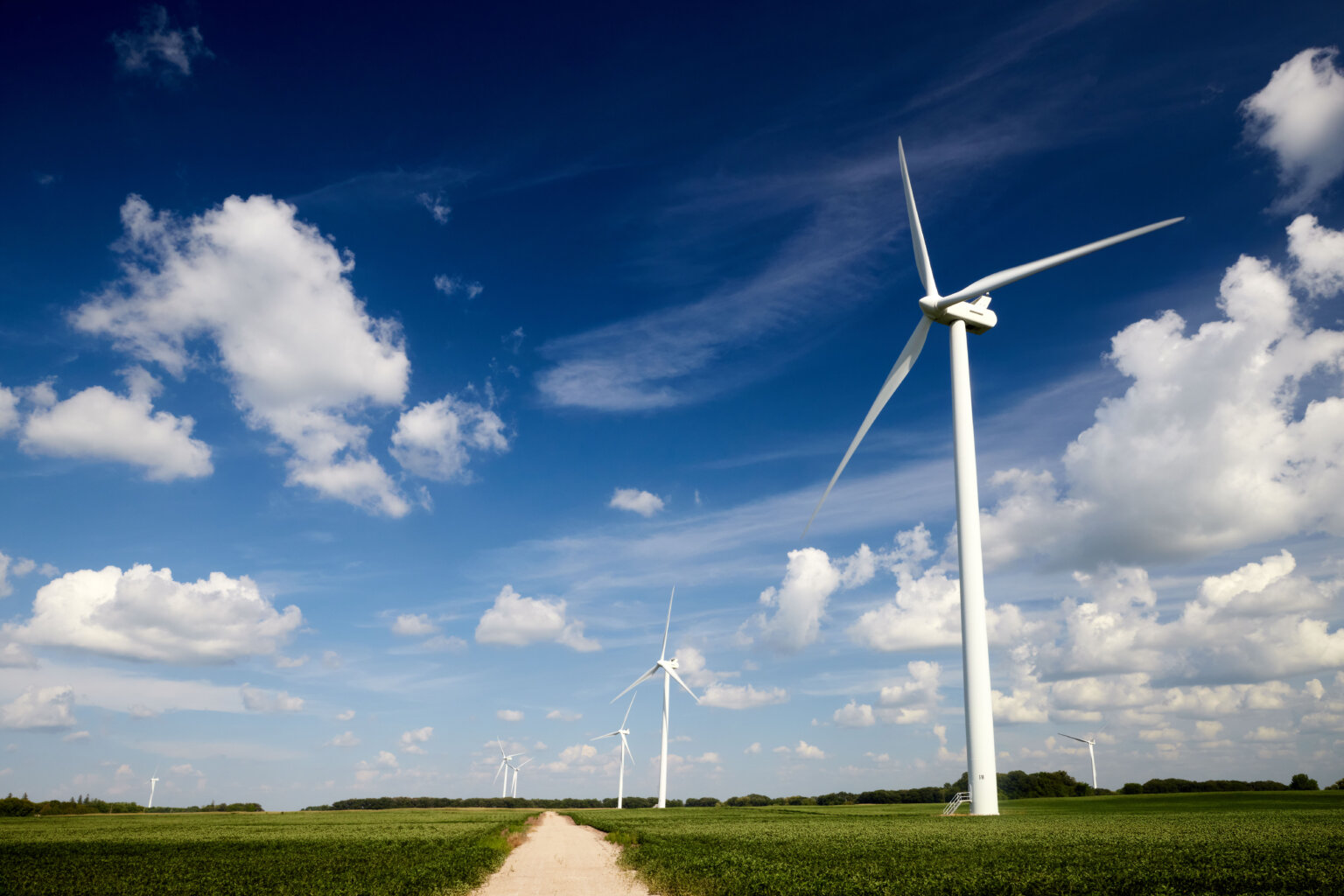“The Hormel Foods leadership in implementing renewable electricity in their organization exemplifies the kind of impactful action that EPA wants to see consumers in the voluntary green power market take,” said James Critchfield, EPA’s Green Power Partnership program manager. “I commend each of the 2023 Green Power Leadership Award winners for using their leadership and influence to drive demand for green power and lead the way to a clean-energy future.”

Hormel Foods has also received the market development award from CRS, the Center for Resource Solutions, for building and growing the voluntary market for green power. With 20,000-plus employees, over 40 manufacturing facilities and a presence in more than 80 countries, Hormel Foods is keenly aware of its potential to help lead the global transition to cleaner energy. Long-term thinking is a core value of the 132-year-old company, and green-energy projects can help make the company stronger and more resilient today and into the future.
The Haystack and Western Trail projects, in partnership with a Denmark-based renewable energy company, provide “true additionality,” Hormel Foods Director of Sustainability Tom Raymond said. Additionality means that new clean power sources are being added to the grid. Buying existing renewable energy is valuable, but adding new green projects, with instruments such as the power purchase agreement that Hormel Foods has supported, has a much bigger impact. “That’s really special because we are truly advancing green power,” Raymond said.
Committing to a Clean-Energy Future
By committing to buy a substantial share of the power generated by these wind projects, Hormel Foods helps make the projects financially feasible. For the Western Trail Wind Farm north of Abilene, Hormel Foods, along with two other Fortune 500 companies, committed to long-term power purchase agreements for the majority of the electricity generated.
“Hormel Foods stepped up to say, we want a substantial chunk of that. And we’re going to guarantee you a certain amount of money per megawatt you produce,” Raymond said. “That gives the parties involved with the project a level of comfort to move forward and advance renewable power. We take on some risk, but the additionality component was key in our decision to enter into the project.”
These wind projects are examples of the momentum generated by corporations investing in renewables, catalyzing economic opportunities to build a more sustainable future. The green energy projects led by Hormel Foods are part of its 20 By 30 Challenge, an ambitious set of goals to reach by 2030 aimed at making the world a better place. Among these goals: high standards for animal care, support for small and diverse businesses, advancing water stewardship, accelerating regenerative agriculture, and reducing food waste.
Investments in renewable energy are part of the company’s broader climate stewardship strategy, seeking to reduce the carbon footprint throughout its operations. Additionally, the company has recently announced a new set of bold climate targets, committing to reduce absolute greenhouse gas (GHG) emissions by 50% from operations and 27.5% across its supply chain by 2030. The targets have been validated by the Science Based Targets initiative (SBTi), a multi-stakeholder effort providing companies with a defined path to reduce emissions in line with the Paris Agreement goals. Renewable energy investments will continue to be an essential component of the Hormel Foods climate strategy.
SolarCity funded the project based on the plant’s agreement to buy power generated there at a fixed rate for 20 years. The project, with rotating solar panels that follow the sun’s arc across the sky, is one of the largest in California. It includes a battery system that stores electricity to power the plant on cloudy days and at night. The system now produces one megawatt, which is the equivalent of the amount of power used by 400 homes a year. When the sun is shining, that electricity is more than enough to power the facility that processes 100,000 pounds of corn kernels each day.
Win-Win Projects
Another Hormel Foods–led solar project — at its Jennie-O Turkey Store facility in Montevideo, Minnesota — provides 10% of the plant’s energy needs and also provides community solar that residents and local businesses can enroll in. The project on this 8-acre site is expected to generate 3.2 million kilowatt hours per year between the community solar and on-site solar projects, reducing greenhouse gas emissions by an estimated 2,265 metric tons per year. “We approved the use of the land to enable the developer to launch a community solar portion, so here’s another megawatt of solar that’s dedicated to community solar,” Raymond said. By allowing the project development on the land, Hormel Foods worked with the developer to offer the company’s workers and the community renewable power. “Our associates and neighbors have access to renewable power and guaranteed savings on their electrical bill. Supporting community solar was the unique piece of that Montevideo project.”
The overall goal is to be good stewards of the planet, Raymond said, “and to be creative in the way we approach our work.”
The EPA and CRS awards are validation that Hormel Foods is on the right path. Raymond calls it “a big, big win for the organization, to receive that level of recognition for all the hard work to make a meaningful advancement toward climate improvement and toward our science-based targets. To have an agency of the magnitude of the EPA recognize that we’re leaders is very, very meaningful.”


